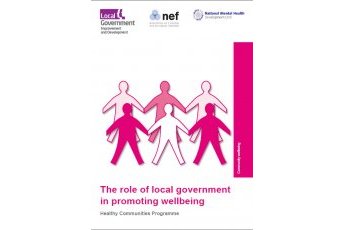The following presentation was delivered to a packed meeting in inner-city Sydney on November 24, 2010. Pip Hinman was one of two local residents to organise the "town hall" meeting in response to community concern at far-right Christian Democrat MP Fred Nile’s bill to "ban face coverings" and a (…)

